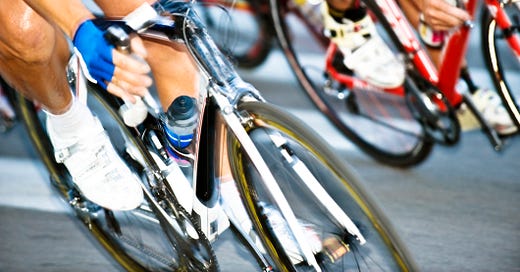EXCLUSIVE: New government agency to oversee athlete welfare
PLUS: My five most overrated sports stadia, and a couple of heartwarming stories from football and rugby, and a lovely Andrew Symonds retrospective.
The Government will announce the establishment of an independent sports integrity bureau in response to another dismal report into the culture of high-performance sport in New Zealand.
Multiple sources have told The Bounce that the details are being finalised on what would represent a quantum shift in the way sport responded to athlete welfar…
Keep reading with a 7-day free trial
Subscribe to The Bounce to keep reading this post and get 7 days of free access to the full post archives.




